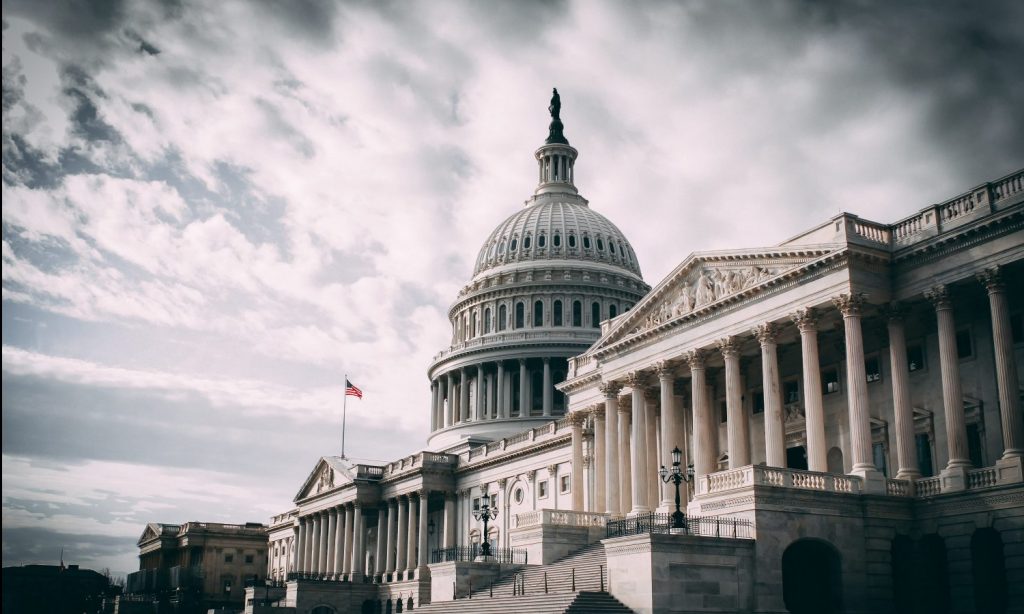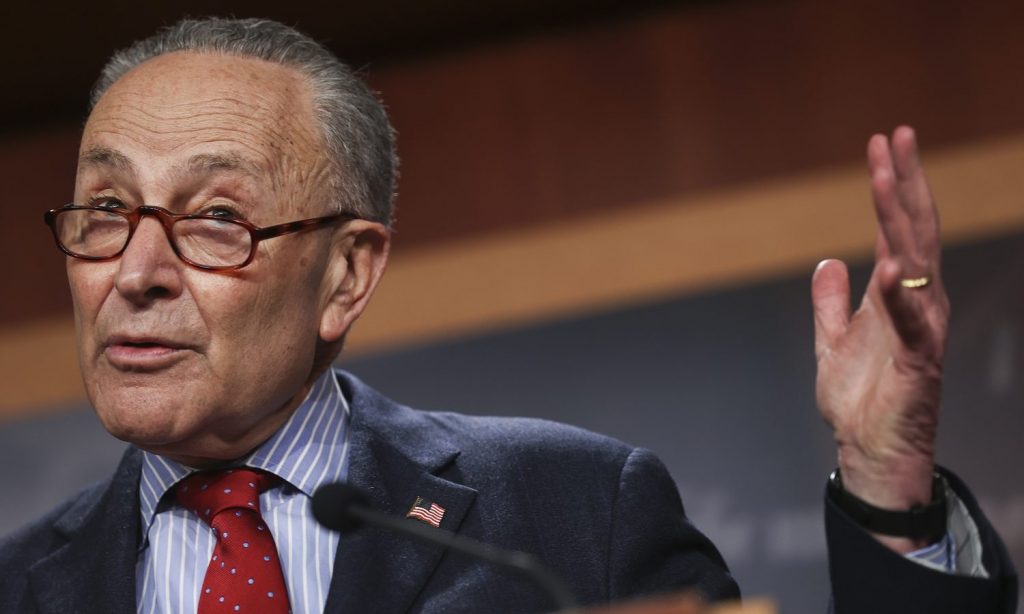Cities and towns across New York are considering whether to allow retail cannabis dispensaries and consumption lounges legalized under state law to operate within their jurisdictions, with some officials urging them to act as a deadline approaches.
In March, the New York state legislature and Democratic Gov. Andrew Cuomo approved legislation to legalize marijuana for adults and establish a regulated and taxed economy for the commercial production and sale of cannabis. Under that legislation, municipal governments have the right to opt out of the establishment of licensed cannabis dispensaries and consumption lounges within their borders. Towns and cities that decide not to allow such businesses must hold a referendum on the ban if at least 20 percent of registered voters sign petitions calling for such a vote.
During a recent webinar, Sarah Brancatell, the legislative director for the New York State Association of Towns, warned municipal leaders that do not want cannabis lounges and retailers in their communities that they have only until the end of the year to approve a local ordinance. Cities and towns that do not opt out before that time will not be able to in the future.
“The local law has to be adopted on or before Dec. 31, 2021. That’s coming up really quickly,” said Brancarella. “It’s like a one or done shot. If you adopt it on Jan. 1, it has no effect.”
New York Local Officials Taking Action
Municipal leaders across the state have begun to take notice, and movements to enact bans on cannabis businesses are already underway. In North Salem, a suburb of New York City in Westchester County, the Town Board has set a hearing to be held June 22 via Zoom on a proposed opt-out ordinance. At a meeting of the board on May 25, Supervisor Warren Lucas said that if the town opts out of the businesses, the decision can be reversed at a later date.








